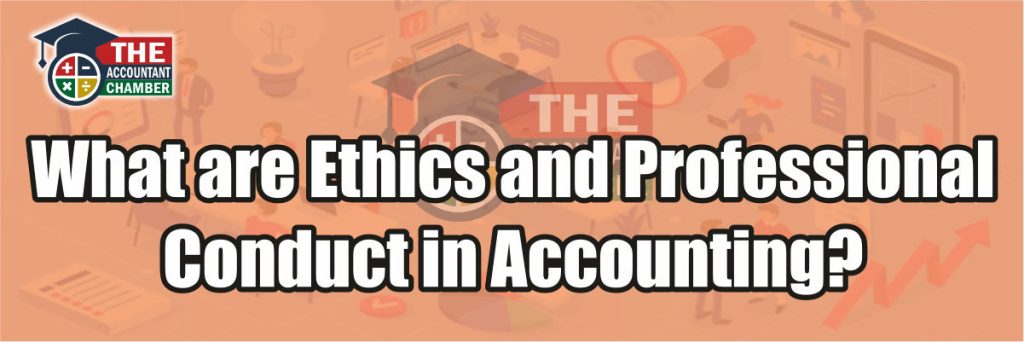Ethics and professional conduct in accounting refer to the principles and standards that guide the behavior of accountants and other financial professionals in their work. These principles and standards are designed to ensure that accountants act with integrity, objectivity, and professional competence when providing financial information and advice to clients and other stakeholders.
The primary governing body for accounting profession is International Federation of Accountants (IFAC) which have established a code of ethics for professional accountants. This code sets out the ethical principles and rules that accountants must abide by, including integrity, objectivity, professional competence, confidentiality, and professional behavior.
Examples of ethical issues that accountants may face include:
- Conflicts of interest
- Insider trading
- Misrepresenting financial information
- Violating client confidentiality
- Engaging in illegal activities
Accountants and other financial professionals have a responsibility to uphold high ethical standards and to act with integrity, honesty and objectivity in all their professional activities.
In addition to adhering to the code of ethics, accountants must also follow professional conduct standards, which provide guidance on how to apply the code in specific situations.
Professional conduct standards are set by the accounting profession’s regulatory bodies, and are designed to ensure that accountants maintain the highest standards of professional conduct and integrity in their work. Failure to abide by these standards can result in disciplinary action, including fines and suspension or revocation of professional licenses.



